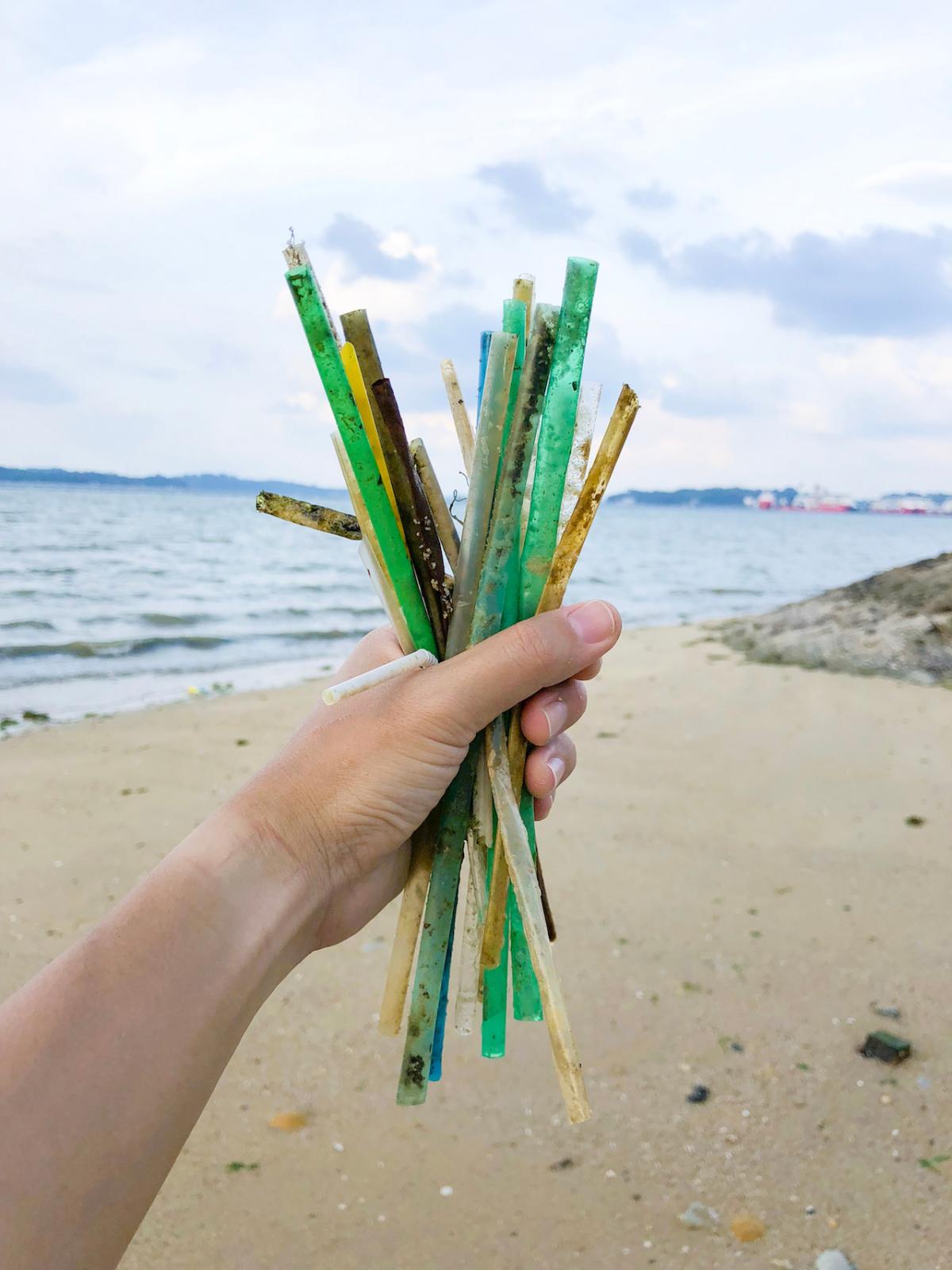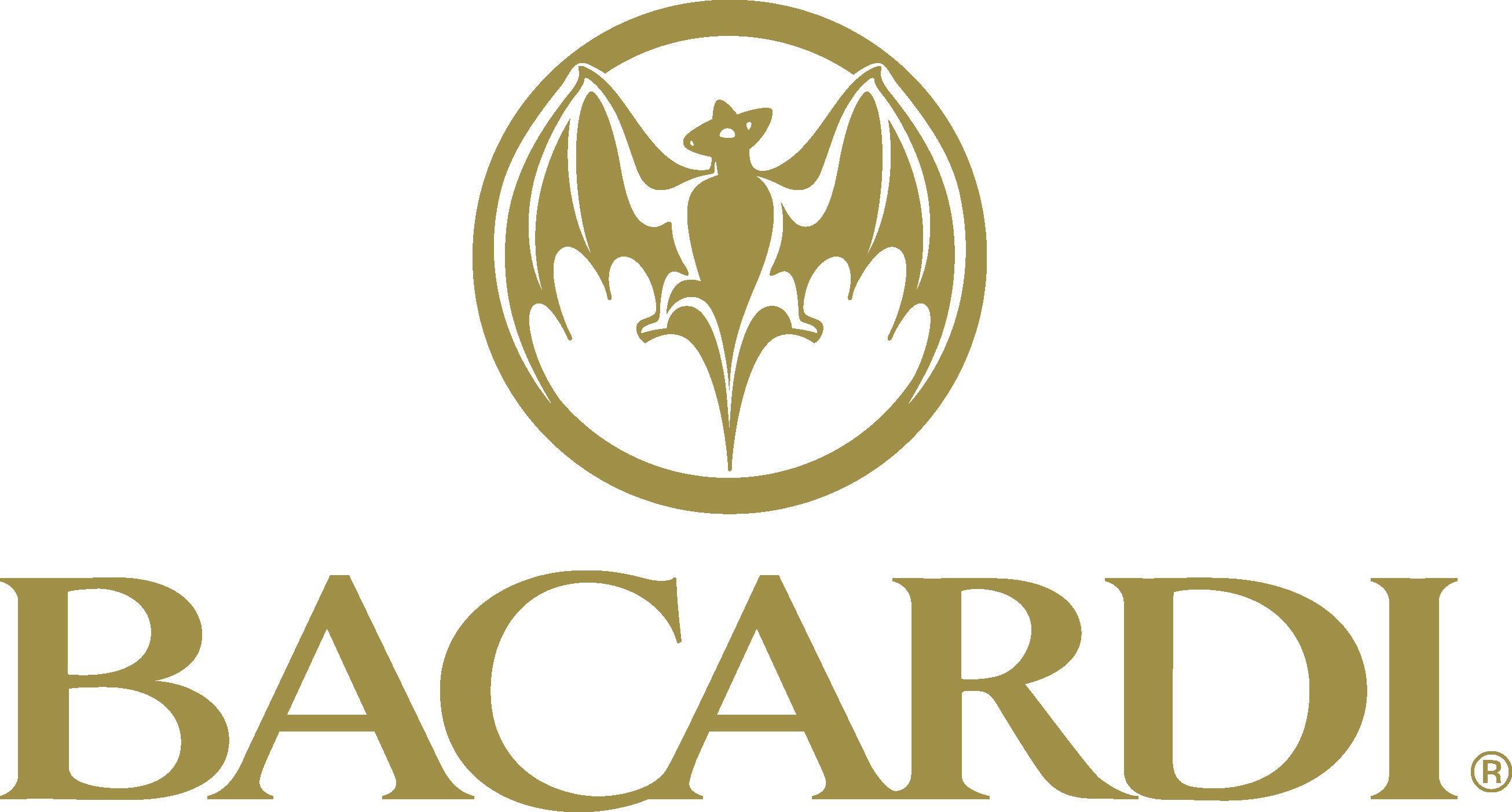Expert Predicts Every Day Trends That Won’t Exist In The Future
Trends expert Jacqui Ma works with BACARDÍ® rum and Lonely Whale to look at the obscure trends that haven’t made it to 2018 and reveals the things she believes won’t be around in our future – including plastic straws!

HAMILTON, Bermuda, August 23, 2018 /3BL Media/ — Today, expert forecaster Jacqui Ma has revealed her predictions for what the future holds when it comes to everyday trends. Remember the days of VHS tapes, MiniDiscs, and fax machines? If you were to show someone born after 2000 any of these antiquated objects, they probably wouldn’t even know what to do with them. But how many of the things we use every day will one day seem impractical, irrelevant, or downright bizarre?
Working alongside BACARDÍ® rum, who has collaborated with the award-winning non-profit organisation Lonely Whale to secure commitments from bars, restaurants and venues in a goal to remove 50 million single-use plastic straws from London this summer by asking them to become 100% single-use plastic straw-free, Jacqui has looked at trend developments throughout the decades and revealed which trends she believes will cease to exist in the future, such as the use of plastic straws, a fashion that only developed in the 1980’s.
She highlighted trends such as in the early 2000’s mobile phones actually got smaller and smaller until phones were the size of the palm of your hand; now — as mobiles have become our portable mini- computers — it’s normal for phones to come in size XL; it was only 100 years ago that women stopped wearing corsets, before that, for 420 years women would change or constrict their body shapes; and online dating is completely mainstream nowadays, but rewind to early 2000’s and no one would have dared utter the words “we met online.”
Jacqui Ma says, “Everyday things such as not leaving the house without a hat on in the 1950’s, to picking up the receiver of your landline with your rehearsed family greeting in the early 2000’s have all but died out now. This naturally means that in the future we’ll look back on things that existed today and be surprised they existed too, things such as using plastic straws. Plastic straws were a trend that peaked in the 1990’s and over the years activists, experts and organisations have been working to reverse the damage they have contributed to our oceans which is why BACARDÍ rum and Lonely Whale have made a commitment to remove 50 million plastic straws by from London this summer. As the world becomes more environmentally aware, straws will become obsolete.”
Top trends that haven’t made it to 2018 are:
- Landline telephones
- Wearing hats
- Sending faxes and writing letters
- Wearing corsets
- Writing cheques
- Being embarrassed about ‘online dating’
- Smoking inside (including hospitals and places of worship!)
- Shrinking phone sizes
Top trends that won’t make it to the future:
- Physical payment, we’ll become a cashless society
- Using plastic straws
- Physical media such as CD’s and DVD’s
- Petrol and diesel cars
- Dairy
- Shampoo in liquid formats (turns to bars and soaps)
- Fear of eating bugs, our diet will be packed full of creepy crawlies
- Cables for charging/power
- Paper passports
But straws don’t have to be a trend for longer than they need to. BACARDÍ® rum and Lonely Whale have already secured commitments from EDITION Hotels and private members venue The Hospital Club to remove single-use plastic straws from their sites. Soho House previously removed all plastic straws from its sites across the world. At the same time, the rum brand’s parent company Bacardi Limited has committed to review its supply chain to further reduce single-use plastic and increase recyclable and biodegradable plastic and Soho House will be working in partnership with Lonely Whale and Bacardi to remove all single-use plastics from its venues globally.
Additional restaurants, bars and venues can join the movement and consumers can pledge their support by signing to be part of Lonely Whale’s ‘For A Strawless Ocean’ initiative on www.thefuturedoesntsuck.org. Progress can then be tracked across the campaign to witness 50 million removed by the end of summer 2018.
Accompanying images for the trends that trend expert Jacqui Ma highlights are available for download free of charge and of copyright restrictions via this link.
About BACARDÍ® Rum – The World’s Most Awarded Rum
In 1862, in the city of Santiago de Cuba, founder Don Facundo BACARDÍ Massó revolutionized the spirits industry when he created a light-bodied rum with a particularly smooth taste – BACARDÍ. The unique taste of BACARDÍ rum inspired cocktail pioneers to invent some of the world’s most famous recipes including the BACARDÍ Mojito, the BACARDÍ Daiquirí, the BACARDÍ Cuba Libre, the BACARDÍ® Piña Colada and the BACARDÍ Presidente. BACARDÍ rum is the world’s most awarded spirit, with more than 674 awards for quality, taste and innovation. Today, BACARDÍ rum is made mainly in Puerto Rico where it is crafted to ensure the taste remains the same today as it did when it was first blended in 1862. www.bacardi.com
The BACARDÍ brand is part of the portfolio of Bacardi Limited, headquartered in Hamilton, Bermuda. Bacardi Limited refers to the Bacardi group of companies, including Bacardi International Limited.
LIVE PASSIONATELY. DRINK RESPONSIBLY.
About Lonely Whale
Lonely Whale is an incubator for courageous ideas that drive impactful change on behalf of our ocean. Inspired by the power of community, Lonely Whale is working towards a new era of radical collaboration, facilitating innovation that pushes the boundary on current trends in technology, media and advocacy to positively impact ocean health. Lonely Whale’s creative efforts to reduce, and ultimately eliminate, ocean-bound plastic pollution have earned them recognition as one of Huffington Post’s Top Ten Movers and Shakers in Environmental Sustainability and Fast Company’s World Changing Ideas as well as honors from the Cannes Lions, Effy, Shorty and ADDY Awards in 2018. For more information, visit www.lonelywhale.org or follow along on Instagram, Facebook and Twitter @lonelywhale.

